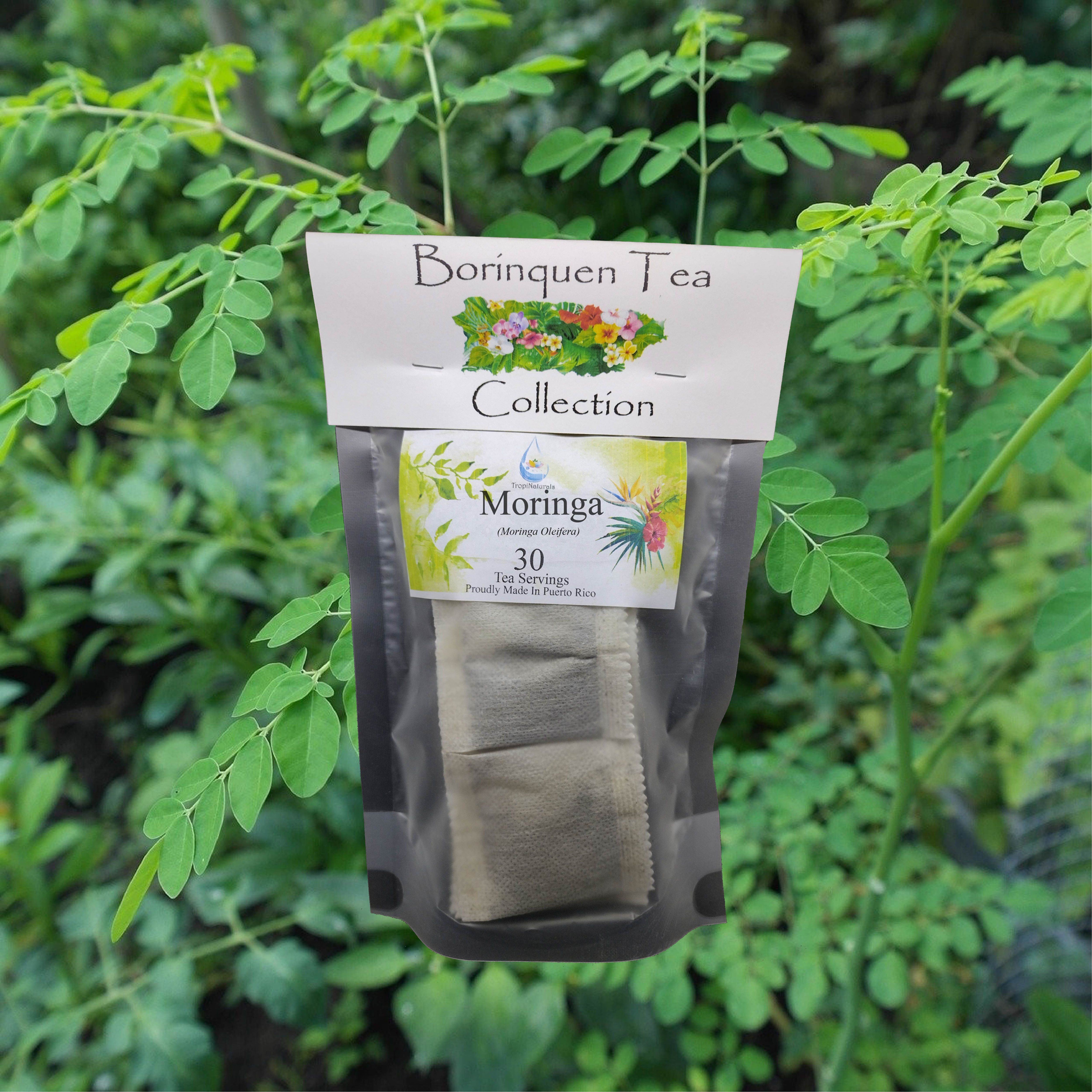Moringa oleifera, commonly known as the drumstick tree, horseradish tree, or ben oil tree, is a fast-growing, deciduous tree native to the Indian subcontinent. It has gained significant attention worldwide for its nutritional and medicinal properties, making it a valuable resource in both traditional and modern medicine. This article delves into the scientific information, native names, medicinal uses, and warnings associated with Moringa oleifera.
Scientific Information
Moringa oleifera belongs to the family Moringaceae. It is a highly resilient tree, capable of thriving in various climates and soil conditions, including arid and semi-arid regions. The tree can grow up to 10-12 meters in height and has a straight trunk with cork-like bark. Its leaves are tripinnate, meaning they are divided into three parts, and each leaflet is small and elliptical. The flowers are fragrant and white, forming clusters that attract pollinators like bees and butterflies. The fruit is a long, pendulous pod, often referred to as the drumstick, which contains numerous seeds.
Botanical Name: Moringa oleifera
Family: Moringaceae
Genus: Moringa
Species: M. oleifera
Native Names
Moringa oleifera is known by various names across different cultures and regions:
- India: Sajna, Munaga, Sohag, Sahjan, Murunga
- Nepal: Sajna
- Bangladesh: Sohaj
- Sri Lanka: Murunga
- West Africa: Nebeday
- Philippines: Malunggay
- Haiti: Ben Ailé
- Spanish: Árbol de las Perlas
Medicinal Uses
Moringa oleifera is celebrated for its numerous medicinal properties, which are attributed to its rich phytochemical content, including vitamins, minerals, antioxidants, and bioactive compounds. Here are some of the key medicinal uses:
-
Nutritional Supplementation: The leaves of the moringa tree are a powerhouse of nutrients. They are rich in vitamins A, C, and E, as well as minerals like calcium, potassium, and iron. Moringa leaf powder is often used as a nutritional supplement to combat malnutrition, especially in developing countries.
-
Antioxidant and Anti-inflammatory Effects: Moringa contains flavonoids, phenolic acids, and other antioxidants that help reduce oxidative stress and inflammation in the body. These properties make it beneficial for preventing chronic diseases such as heart disease and diabetes.
-
Digestive Health: The high fiber content in moringa leaves aids in digestion and can help regulate bowel movements. It is also used in traditional medicine to treat digestive issues like constipation and diarrhea.
-
Blood Pressure Regulation: Studies have shown that moringa can help lower blood pressure due to its high content of bioactive compounds, such as isothiocyanates and niaziminin, which have vasodilatory effects.
-
Cholesterol Management: Moringa leaves have been found to reduce cholesterol levels, making it a valuable addition to a diet aimed at maintaining cardiovascular health.
-
Wound Healing: The antiseptic and anti-inflammatory properties of moringa make it effective in promoting wound healing. It is used topically to treat cuts, bruises, and other skin irritations.
-
Immune Support: The high concentration of vitamins and minerals in moringa helps boost the immune system, making it useful in preventing and fighting infections.
-
Lactation Promotion: In some cultures, moringa is used to increase milk production in nursing mothers. The leaves are believed to contain compounds that stimulate lactation.
-
Liver Protection: Moringa has hepatoprotective properties, which can help protect the liver from damage caused by toxins and oxidative stress.
-
Cancer Prevention: Preliminary research suggests that moringa may have anti-cancer properties due to its high content of antioxidants and bioactive compounds. However, more studies are needed to confirm these effects.
Warnings and Precautions
While Moringa oleifera is generally considered safe, there are a few warnings and precautions to be aware of:
-
Pregnancy and Breastfeeding: While moringa is used to promote lactation, pregnant and breastfeeding women should consult a healthcare provider before using it. Some studies suggest that certain compounds in moringa may have abortifacient effects, potentially causing miscarriage.
-
Thyroid Disorders: Moringa contains goitrogens, which can interfere with thyroid function. Individuals with thyroid disorders should use moringa with caution and under medical supervision.
-
Hypertension and Hypotension: Moringa has been shown to lower blood pressure, which can be beneficial for those with hypertension. However, individuals with hypotension (low blood pressure) should be cautious, as moringa could exacerbate their condition.
-
Diabetes: Moringa can help manage blood sugar levels, but individuals with diabetes should monitor their glucose levels closely and consult their healthcare provider before incorporating moringa into their diet.
-
Allergic Reactions: Some people may be allergic to moringa. Symptoms can include itching, rash, and difficulty breathing. If you experience any of these symptoms, discontinue use and seek medical attention.
-
Drug Interactions: Moringa may interact with certain medications, including those for hypertension, diabetes, and thyroid disorders. Always consult with a healthcare provider if you are taking any medications.
-
Quality and Source: Ensure that the moringa you use is from a reputable source and is free from contaminants. Consuming low-quality or contaminated moringa products can lead to adverse health effects.




